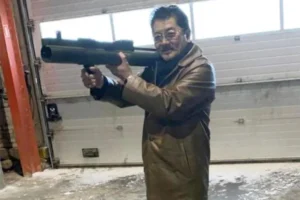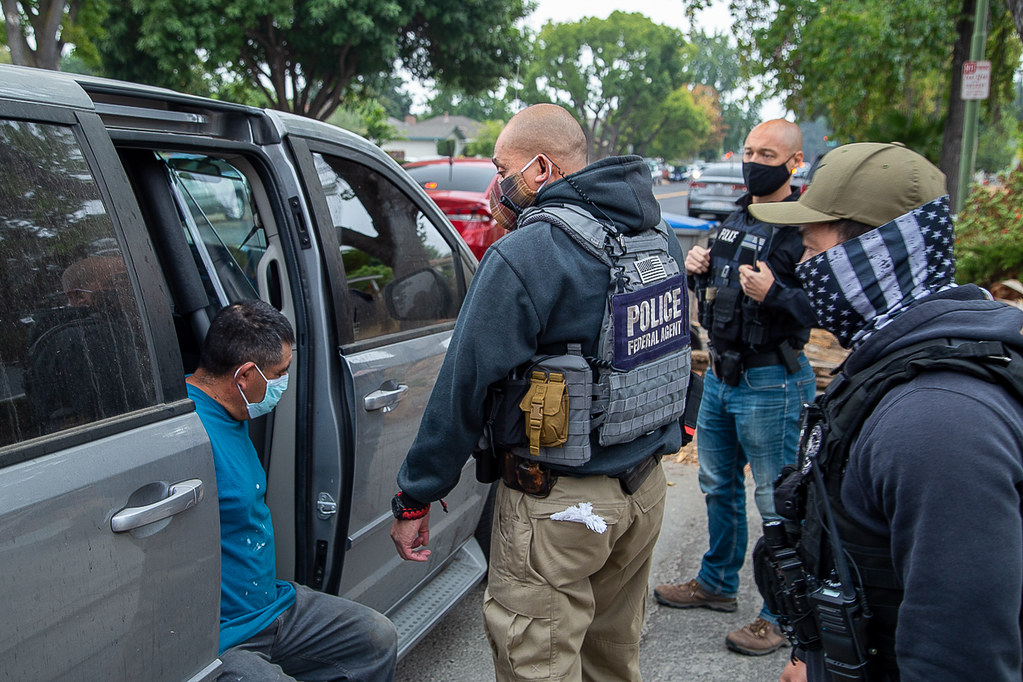By Steve Neavling
The alleged leader of a crime syndicate based in Japan admitted in federal court Wednesday to charges accusing him of conspiring to traffic uranium and plutonium from Myanmar, believing the materials would be used by Iran to develop nuclear weapons.
Takeshi Ebisawa, 60, a Japanese national, pleaded guilty in Manhattan federal court to charges of weapons and drug trafficking, CBS News reports. These charges carry a mandatory minimum sentence of 10 years and the possibility of life imprisonment. The court scheduled his sentencing for April 9.
According to prosecutors, Ebisawa was unaware that during 2021 and 2022, he was in communication with a confidential source for the DEA and the source’s associate, who posed as an Iranian general. He was taken into custody in Manhattan in April 2022 during a sting operation conducted by the DEA.
In a statement, DEA Administrator Anne Milgram emphasized the significance of the case, saying it highlighted the agency’s “unparalleled ability to dismantle the world’s most dangerous criminal networks.” She added that the investigation revealed “the shocking depths of international organized crime from trafficking nuclear materials to fueling the narcotics trade and arming violent insurgents.”
Acting U.S. Attorney Edward Y. Kim noted that during his plea, Ebisawa admitted to trafficking nuclear materials, including weapons-grade plutonium, from Myanmar.
“At the same time, he worked to send massive quantities of heroin and methamphetamine to the United States in exchange for heavy-duty weaponry such as surface-to-air missiles to be used on battlefields in Burma,” Kim said.
Court filings describe Ebisawa as a leader within Japan’s infamous Yakuza mafia. In 2020, he reportedly told a DEA confidential source that he could access a substantial supply of nuclear materials and intended to sell them. To back up his claims, he shared photos of rocky substances alongside Geiger counters measuring radiation levels, asserting the materials included uranium and thorium, according to prosecutors.
The nuclear materials originated from an unnamed leader of an ethnic insurgent group in Myanmar who had been mining uranium there, prosecutors said. Ebisawa allegedly proposed acting as an intermediary to sell the uranium and fund a weapons purchase from the purported general.
Samples of the materials were analyzed by a U.S. federal laboratory, which determined they contained uranium, thorium, and weapons-grade plutonium—sufficient for use in nuclear weapons, prosecutors stated. Images of the nuclear materials allegedly provided by Ebisawa were made public last year.
Prosecutors also accused Ebisawa of conspiring to distribute 500 kilograms of heroin and 500 kilograms of methamphetamine in New York. Additionally, he allegedly sought to launder $100,000 in what he believed were narcotics proceeds from the U.S. to Japan.
“As he admitted in federal court today, Takeshi Ebisawa brazenly trafficked nuclear material, including weapons-grade plutonium, out of Burma,” Acting U.S. Attorney Kim said in a statement. “At the same time, he worked to send massive quantities of heroin and methamphetamine to the United States in exchange for heavy-duty weaponry such as surface-to-air missiles to be used on battlefields in Burma and laundered what he believed to be drug money from New York to Tokyo.”






